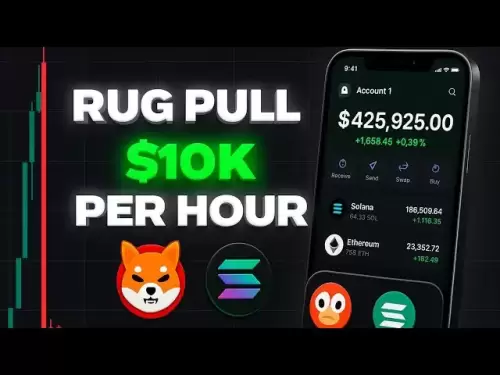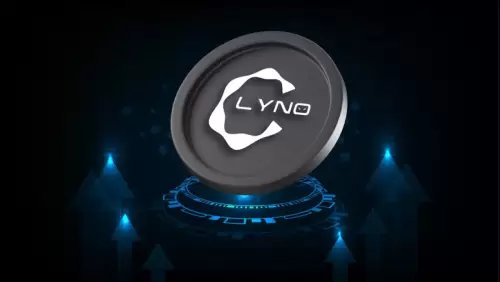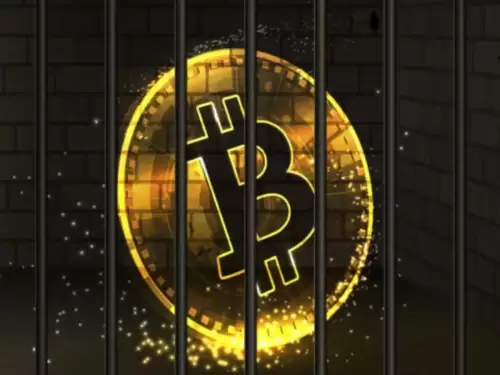Ripple is making waves with its stablecoin RLUSD and a bid for a national banking license. This blog post explores the implications for the future of crypto.

Yo, what's up, crypto fam? The buzz around Ripple, stablecoins, and bank licenses is getting louder than a subway car at rush hour. Ripple is aiming to play ball with the big boys, but what does it all mean?
Ripple's Stablecoin Dreams and Bank License Hustle
Ripple isn't just chillin' in the background; they're making power moves. They've partnered with OpenPayd to build infrastructure for their stablecoin, RLUSD, aiming to make cross-border payments faster and cheaper. This comes hot on the heels of Ripple applying for a national banking license with the Office of the Comptroller of the Currency (OCC). It's like they're saying, 'We're not just playing the game, we're changing it.' Plus, Ripple's subsidiary, Standard Custody, wants a Fed Master Account so they can hold RLUSD reserves directly with the Fed.
Why the Bank License Matters
Getting a national banking license is a major flex. It means Ripple would be under federal supervision, boosting trust in RLUSD. Brad Garlinghouse, Ripple's CEO, gets it. He's said Ripple's always building 'trusted, battle-tested, and secure infrastructure.' Being regulated could give RLUSD a serious edge, making it more appealing to big institutions.
Ripple Joins the Party: Crypto Companies Eyeing Bank Licenses
Ripple isn't alone. Circle, Fidelity Digital Assets, and others are also trying to get into mainstream banking. Even with the lawsuit with the SEC, Ripple's still pushing for regulatory compliance, showing they're serious about playing by the rules. And with the current administration seemingly more open to crypto regulation, things are looking up.
Europe's Stablecoin Scene: A Different Game
Across the pond, things are also poppin'. Deutsche Bank and DWS got the green light for their euro-backed stablecoin, EURAU. This is huge because it's MiCA-compliant, meaning it meets the EU's strict standards. With big players like Deutsche Bank involved, it signals a shift toward institutional-grade digital assets. Europe's showing it's ready to be a strategic battleground for regulated stablecoins, and MiCA is changing the game, pushing out non-compliant stablecoins like Tether's USDt.
My Two Cents
From my perspective, Ripple's moves are smart. They're not just trying to survive; they're trying to thrive in a regulated environment. The stablecoin market is getting crowded, but Ripple's focus on compliance and institutional adoption could set them apart. If they get that bank license, watch out. However, they need to make sure RLUSD is actually as transparent and secure as they say it is. Institutions won't just take their word for it; they'll want proof.
The Bottom Line
Ripple's playing chess while others are playing checkers. The push for a bank license and the focus on stablecoin infrastructure show they're thinking long-term. Whether they can pull it off remains to be seen, but one thing's for sure: the crypto world is about to get a whole lot more interesting.
So, keep your eyes peeled and your crypto wallets ready. The future's looking bright, even if it's a little bit crazy. Peace out!













































































